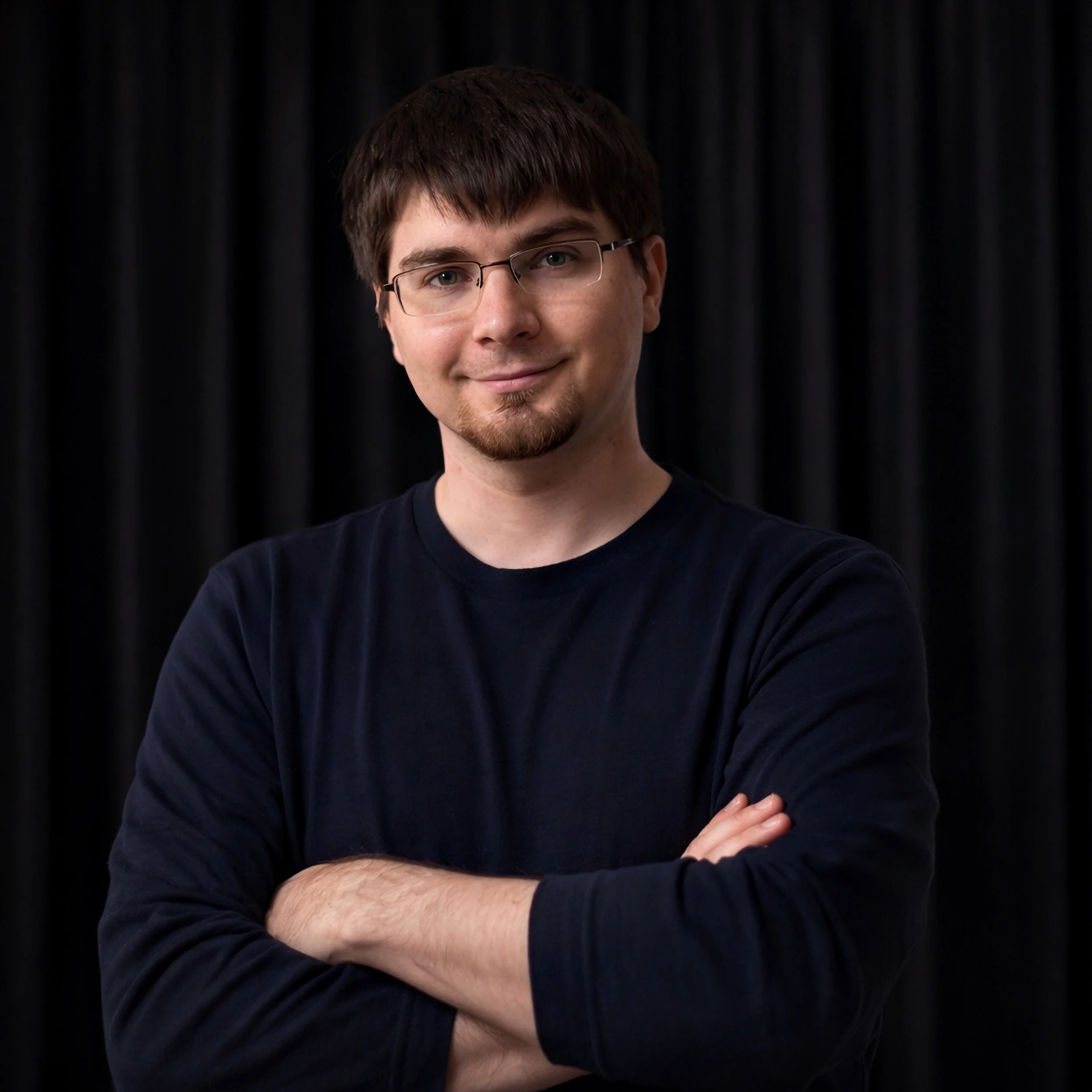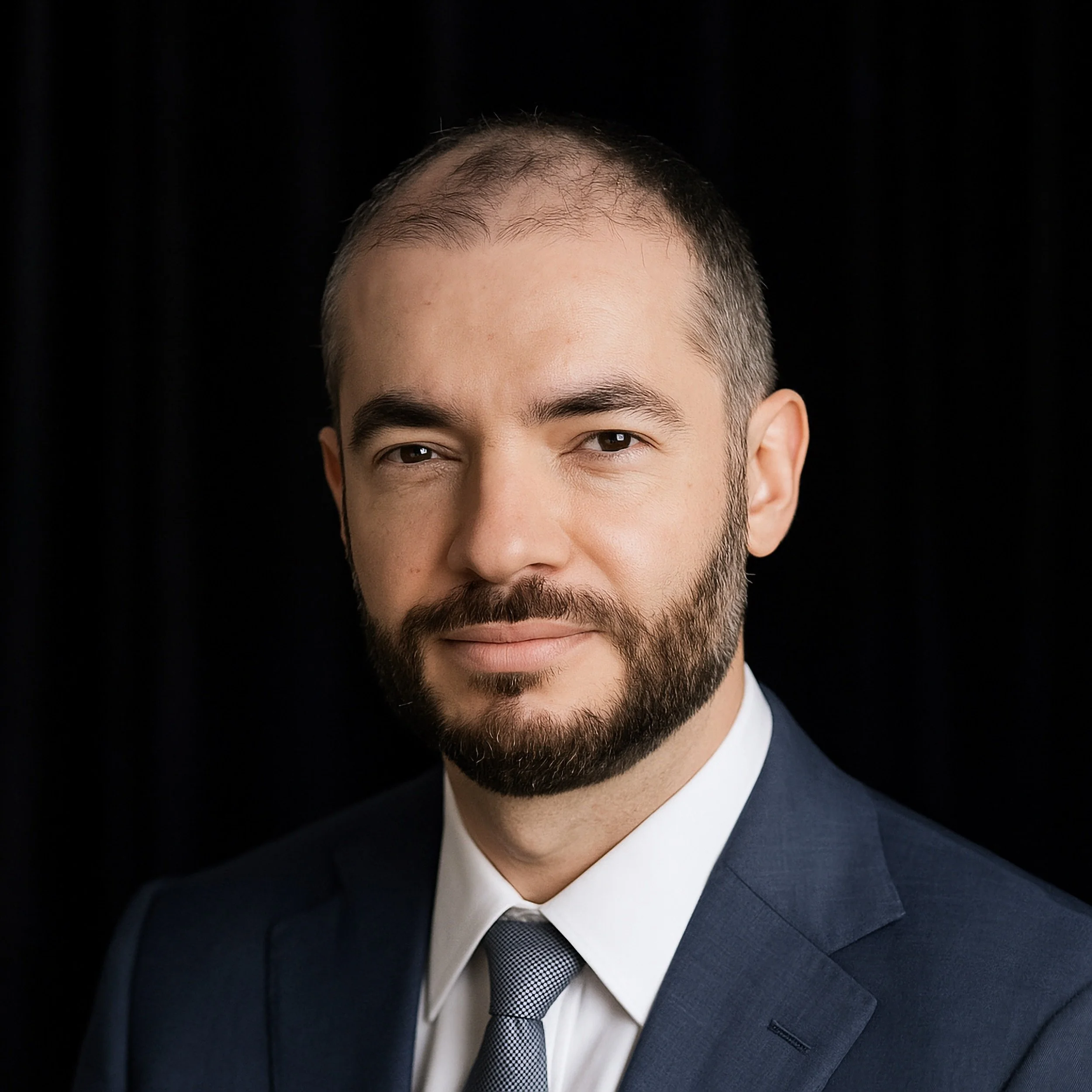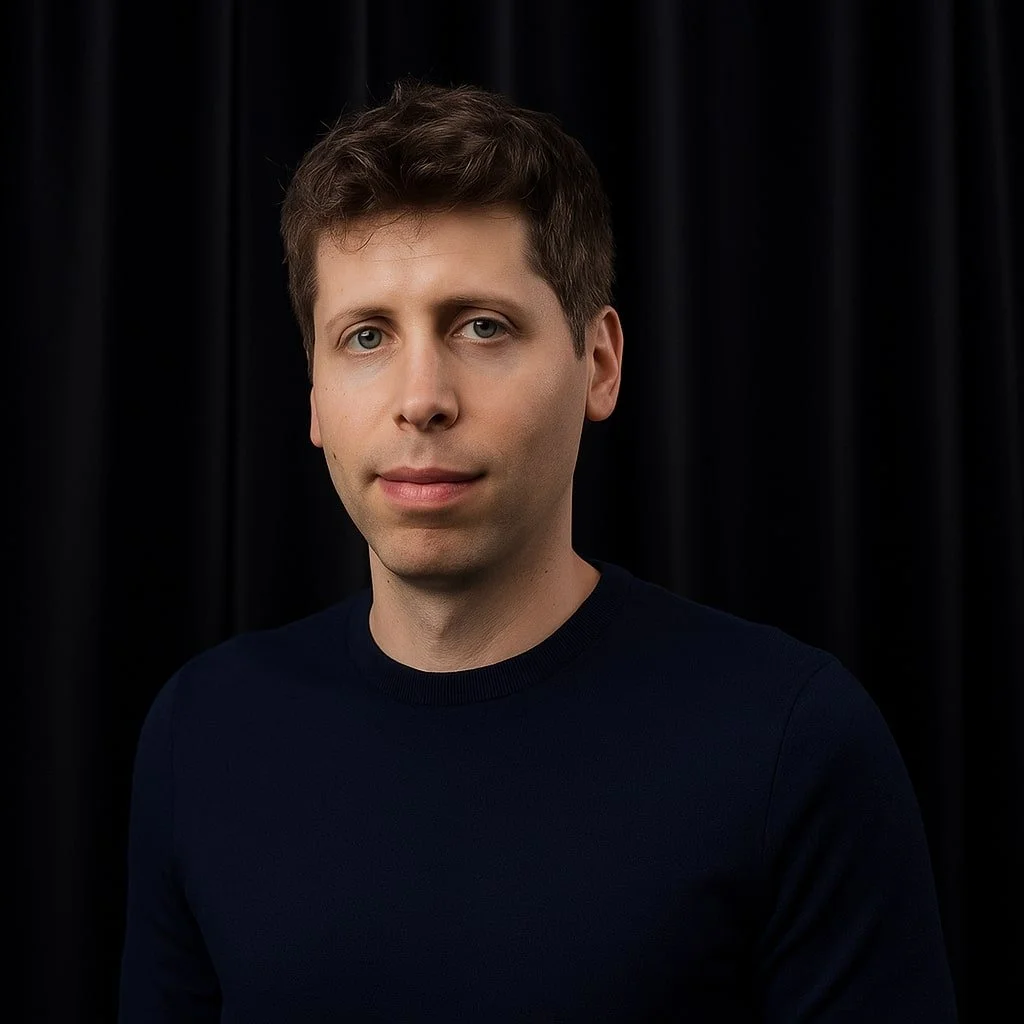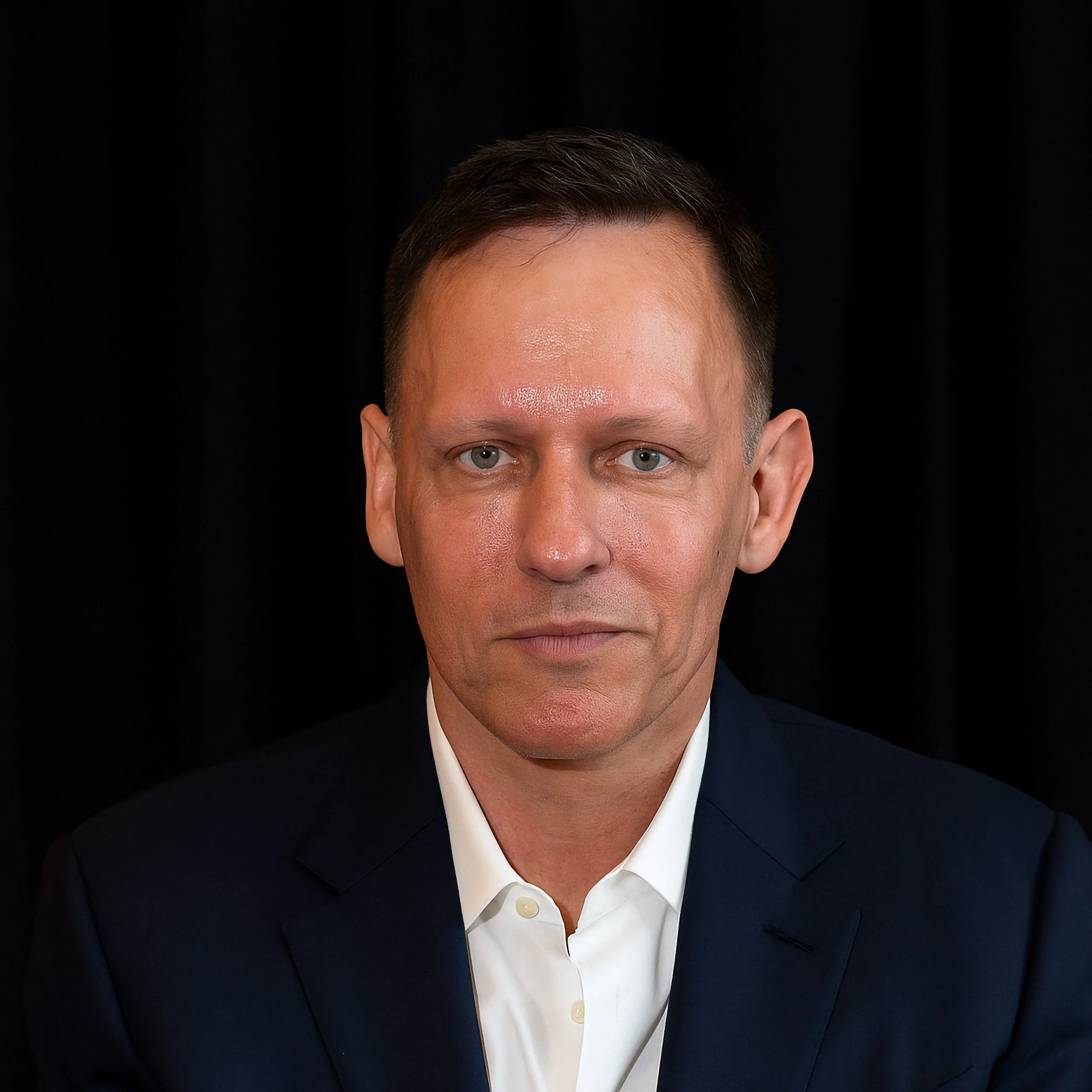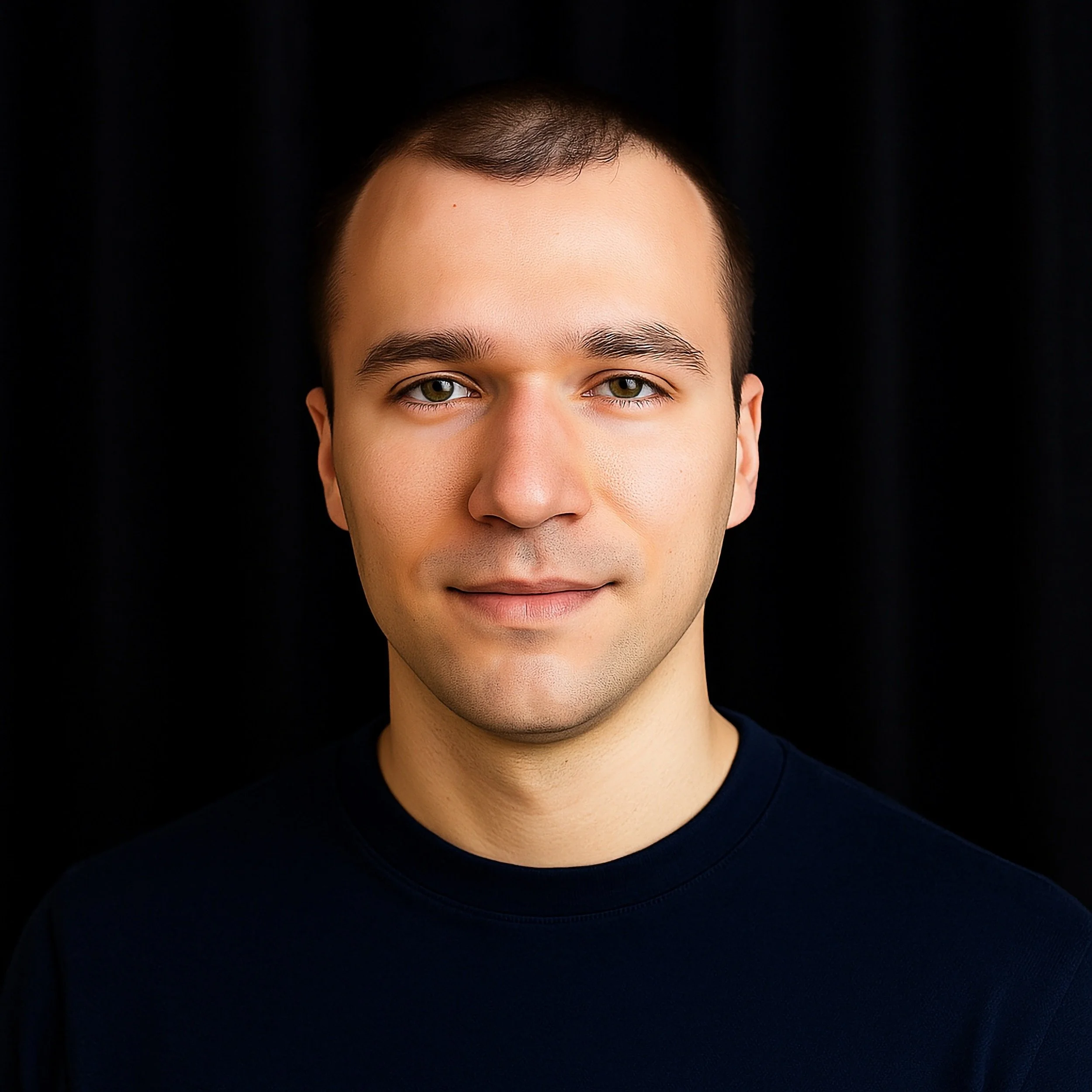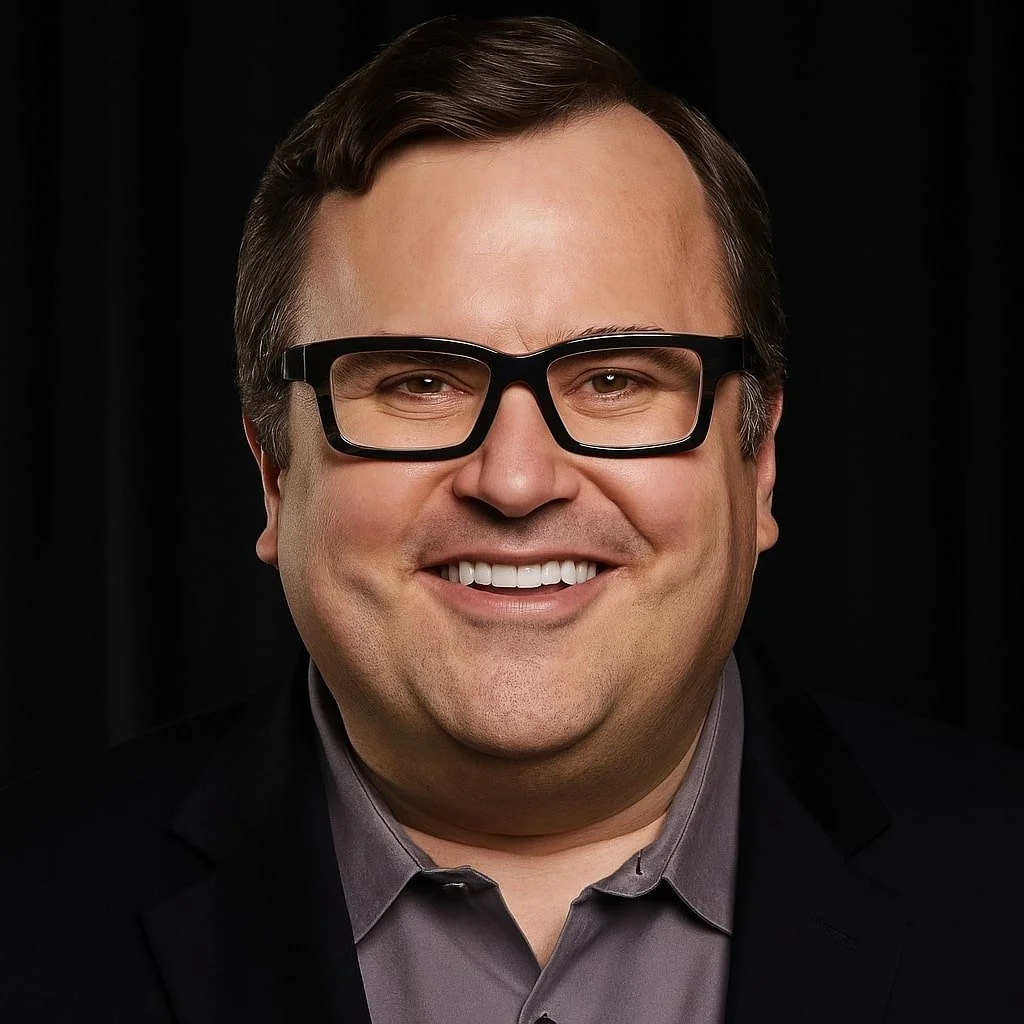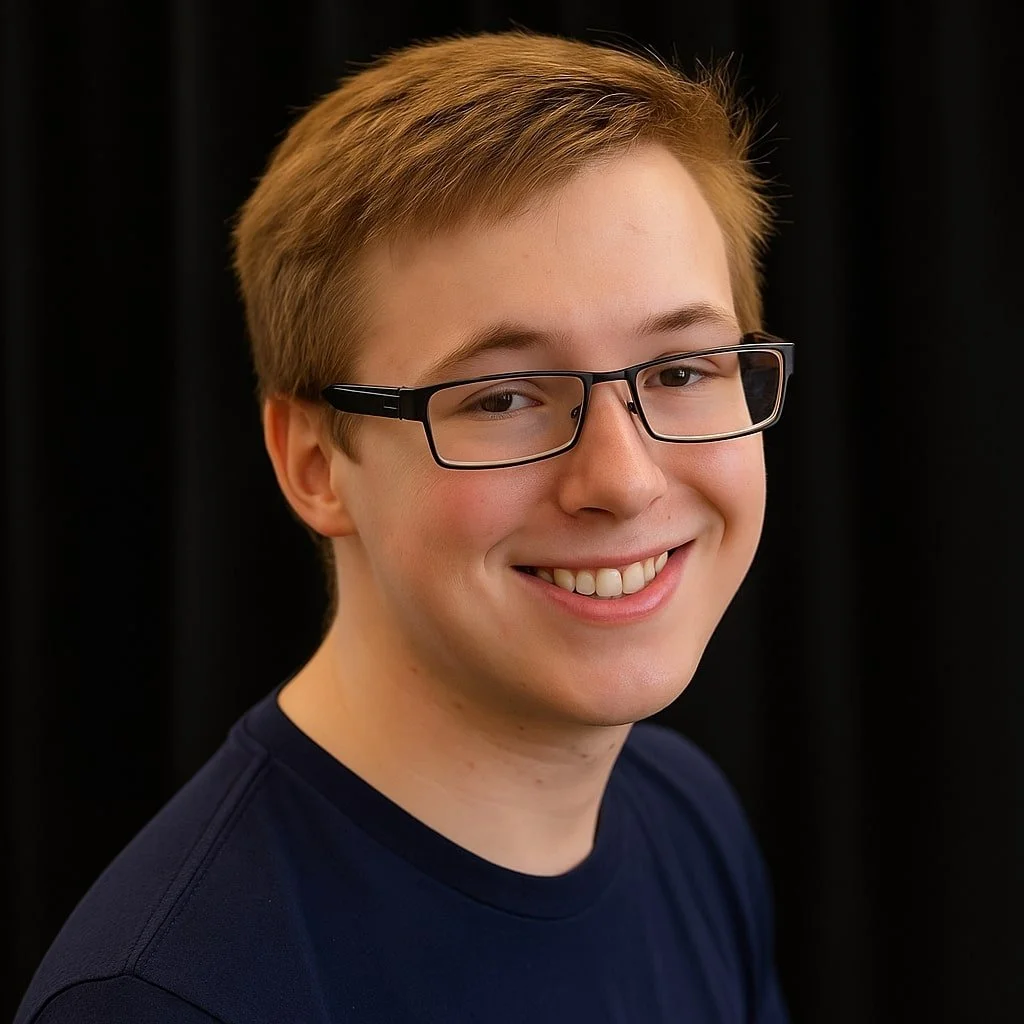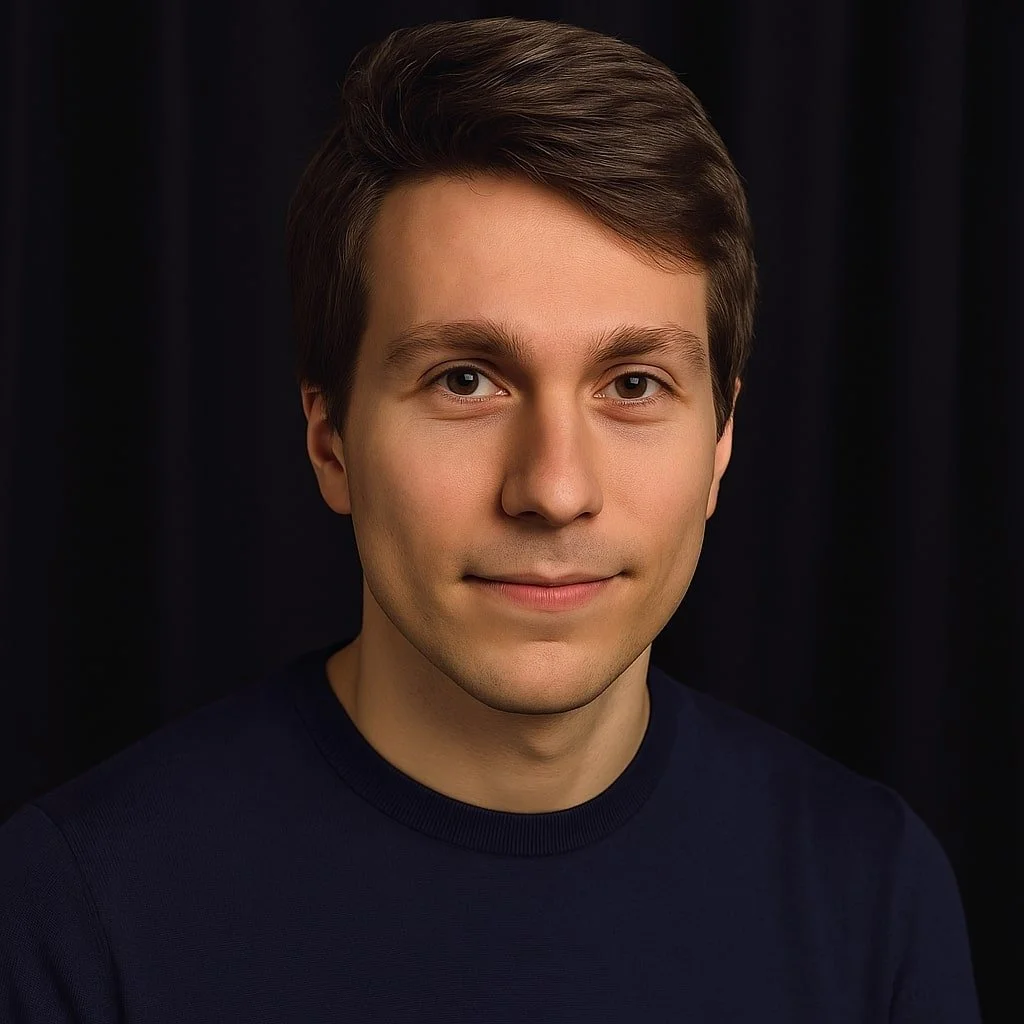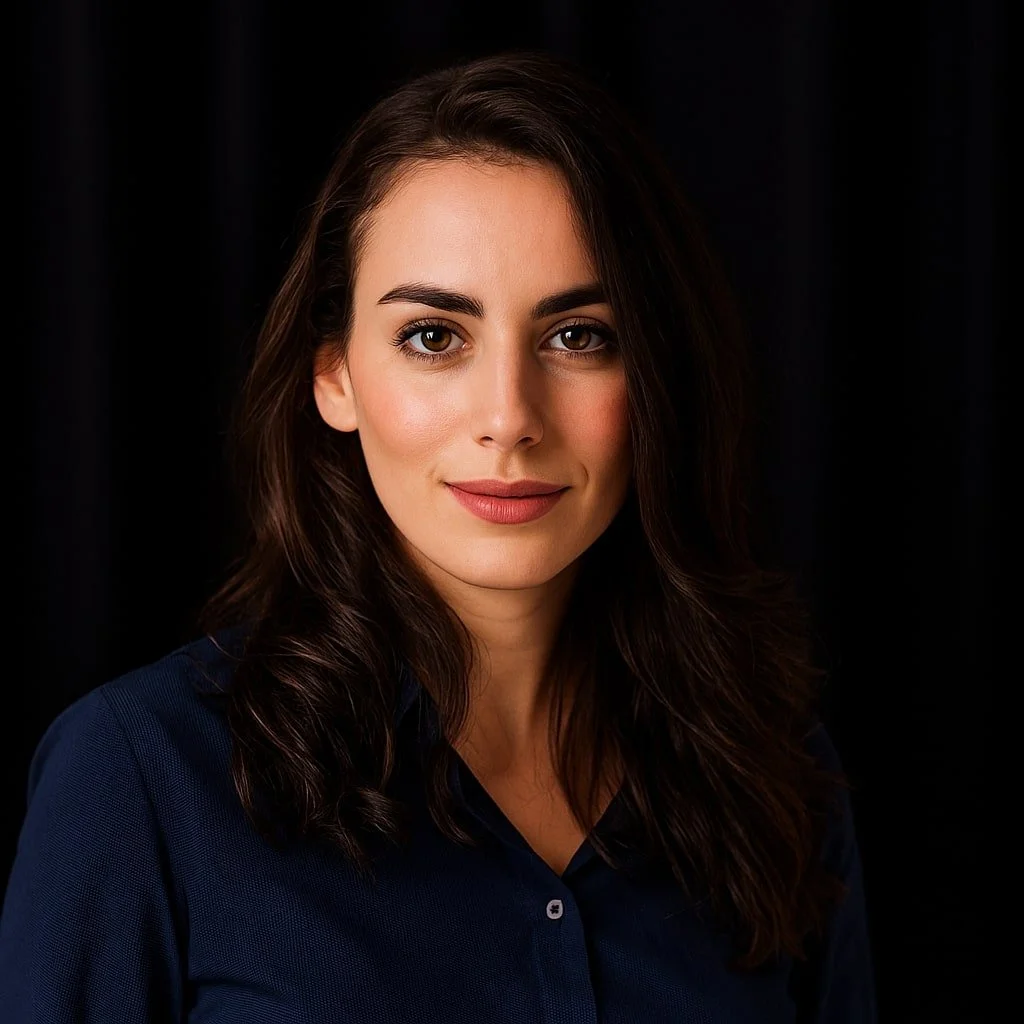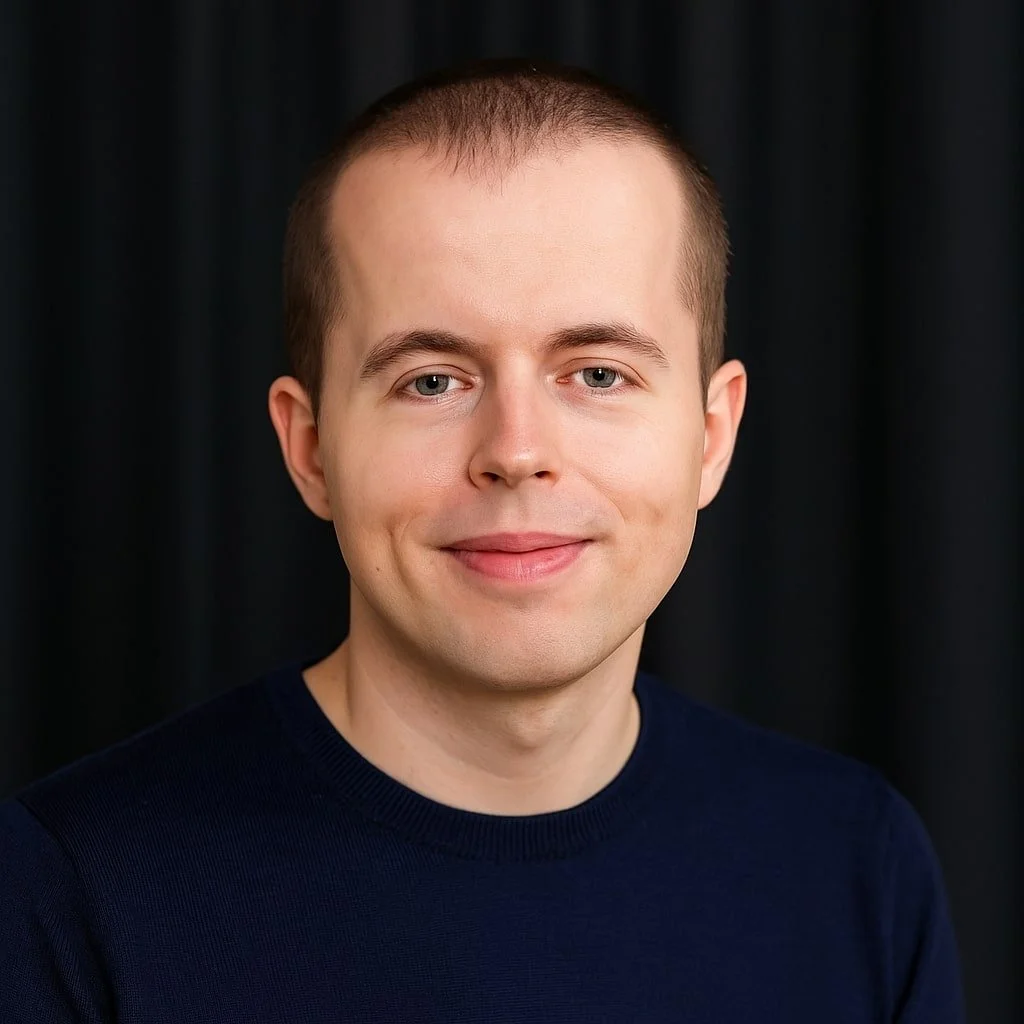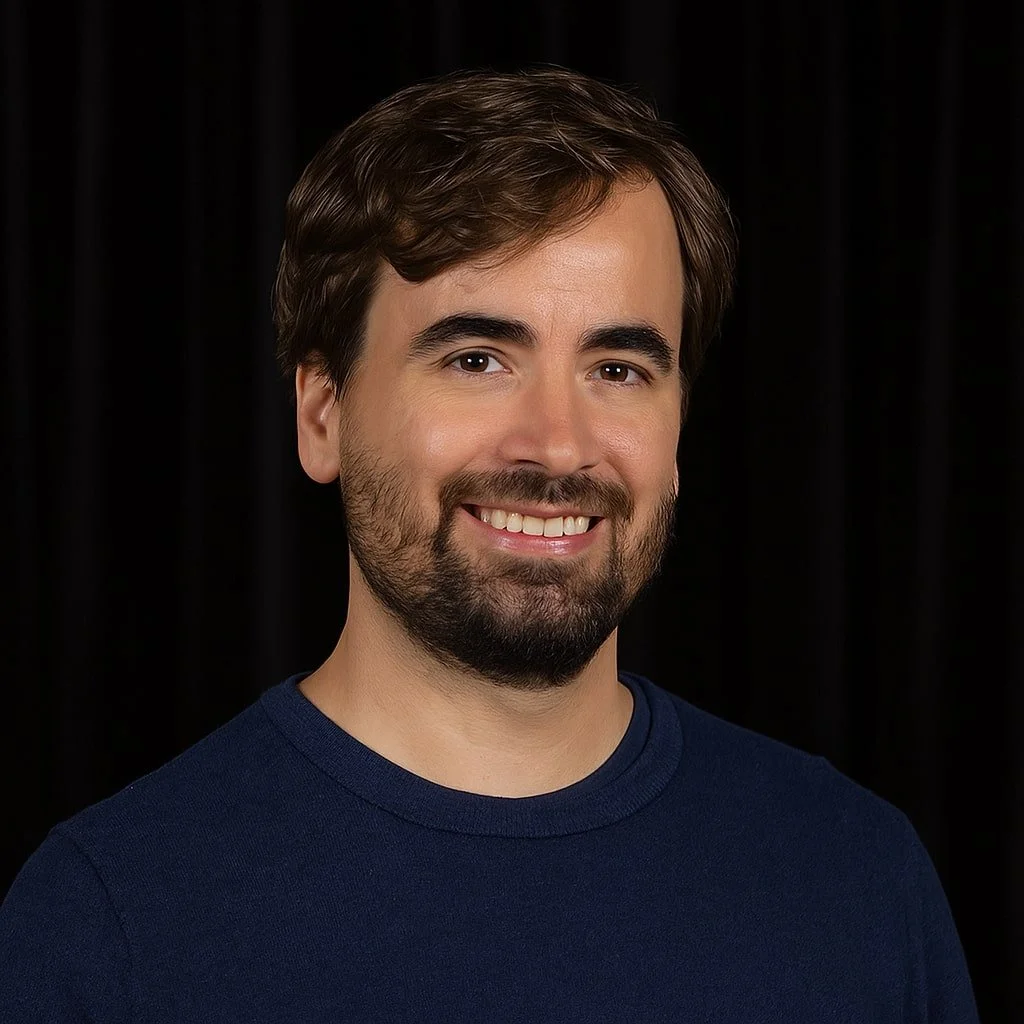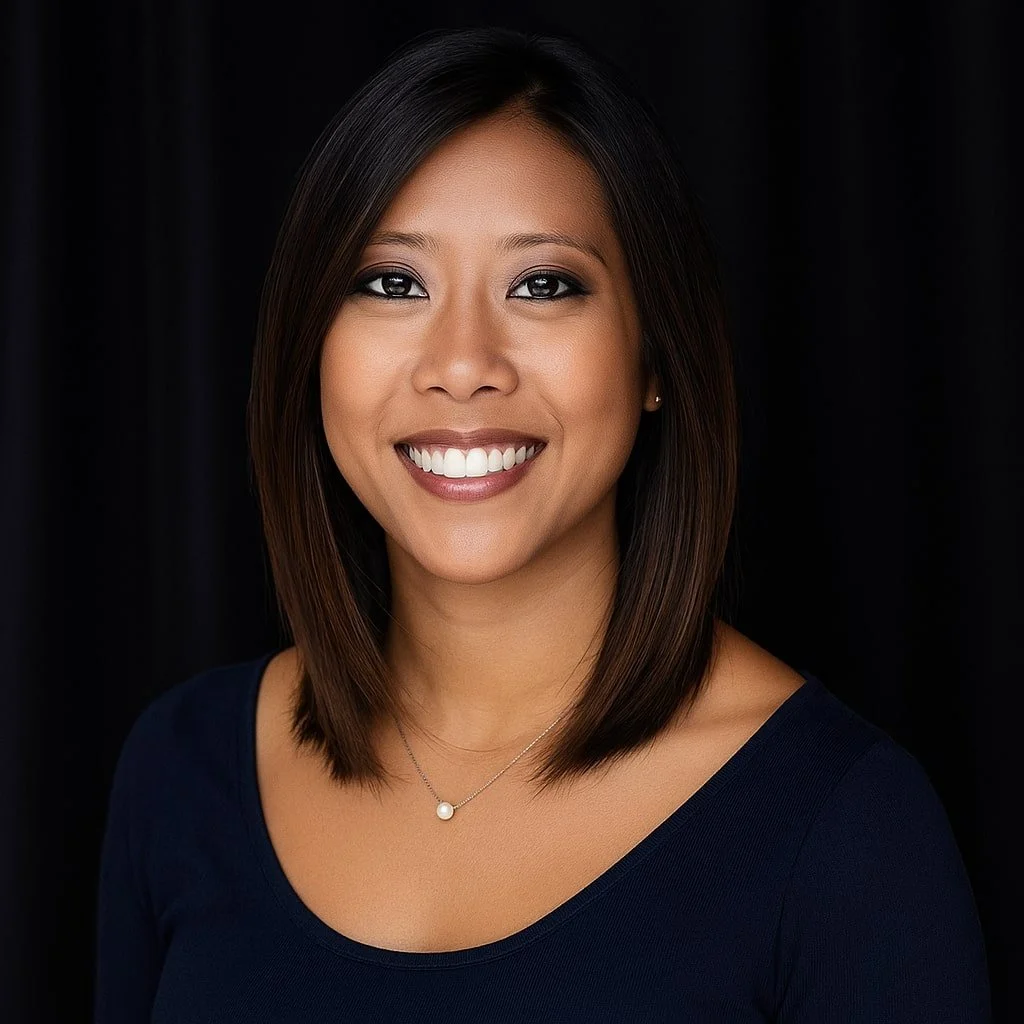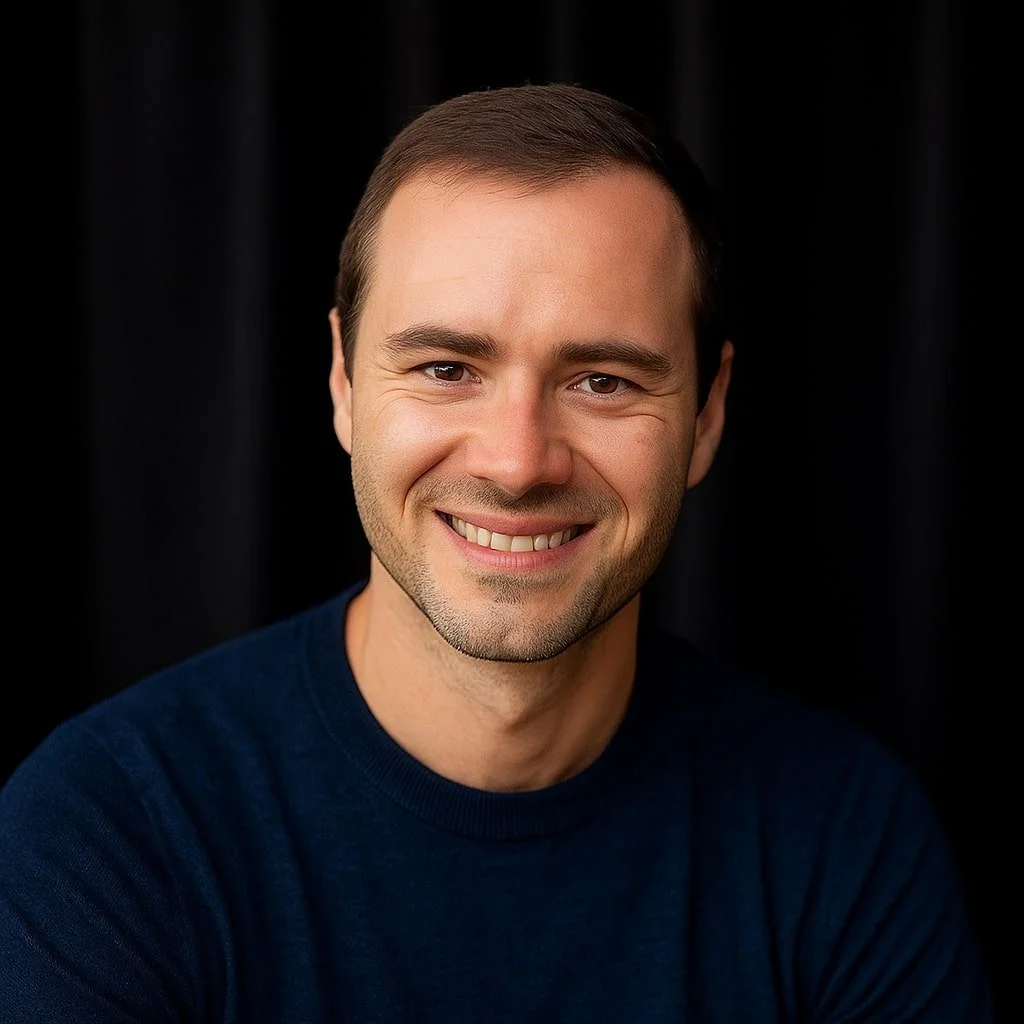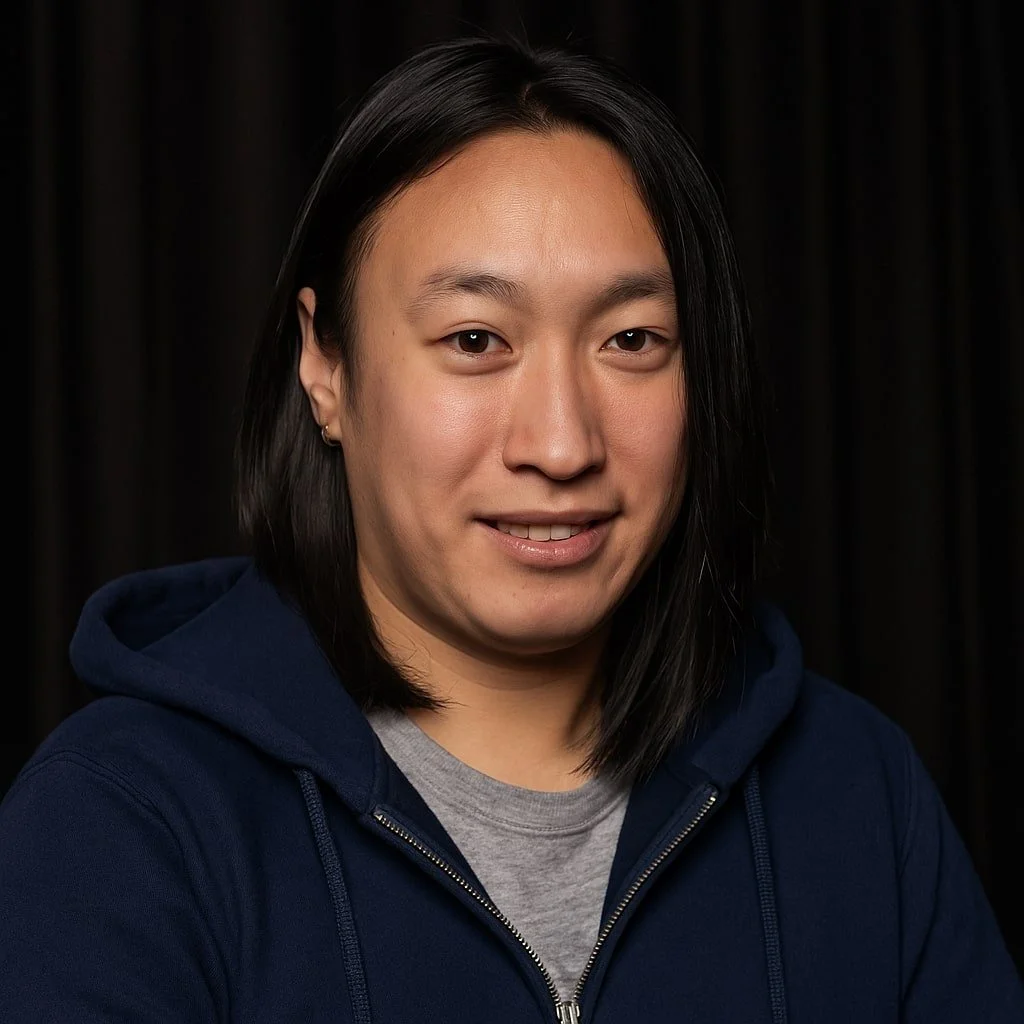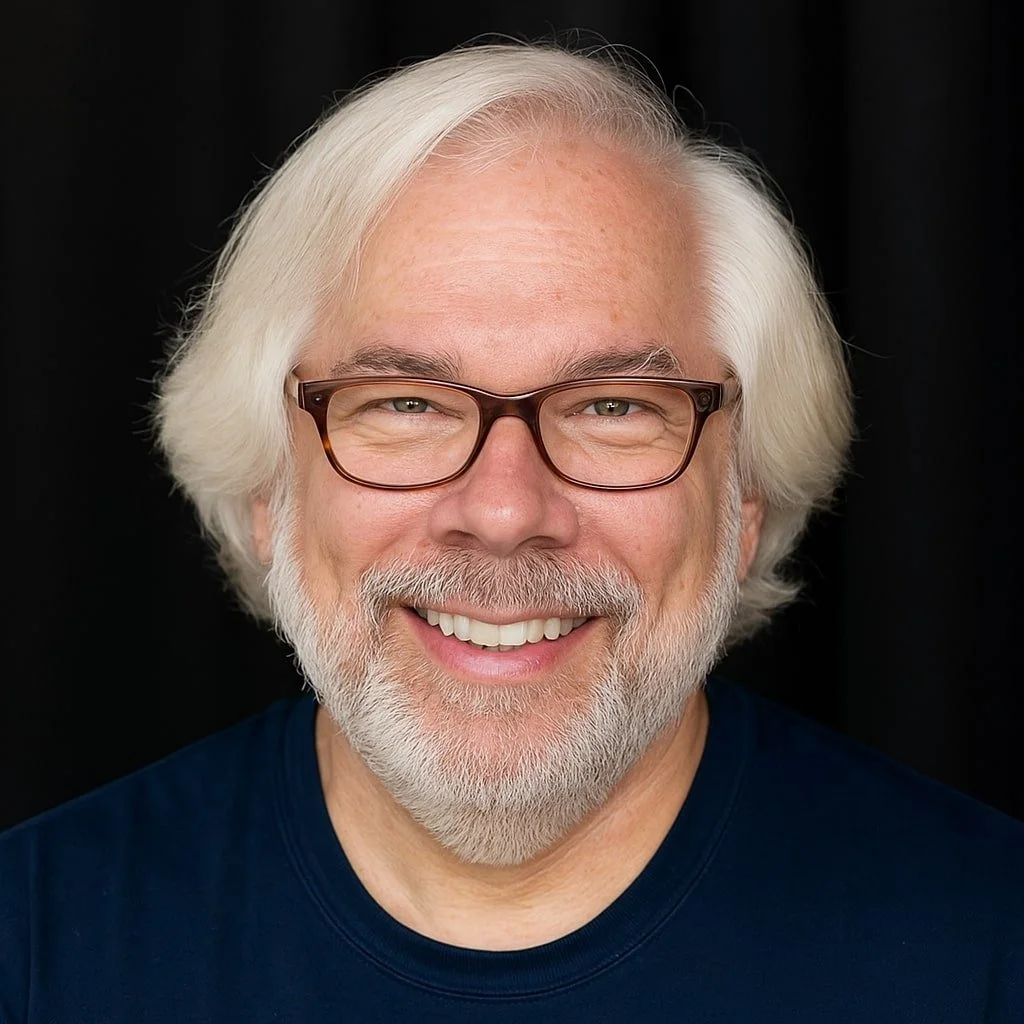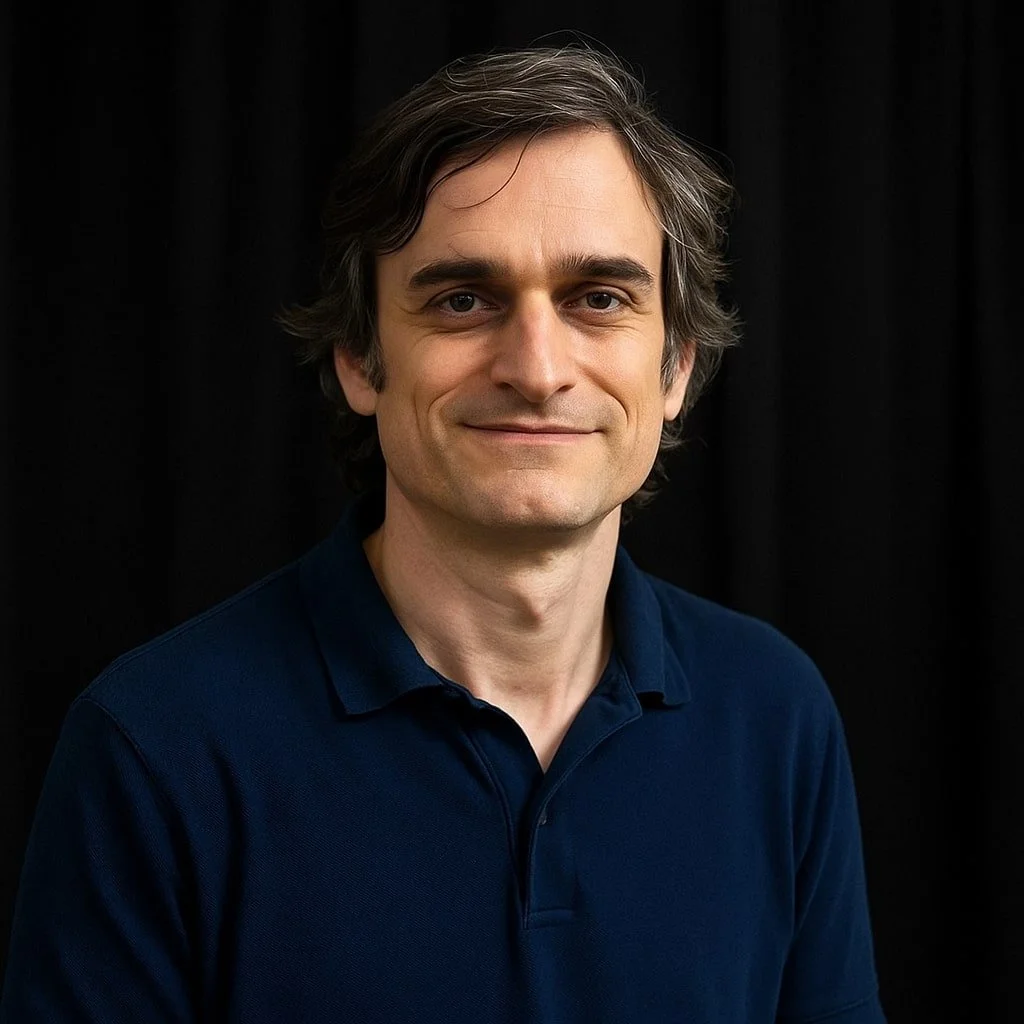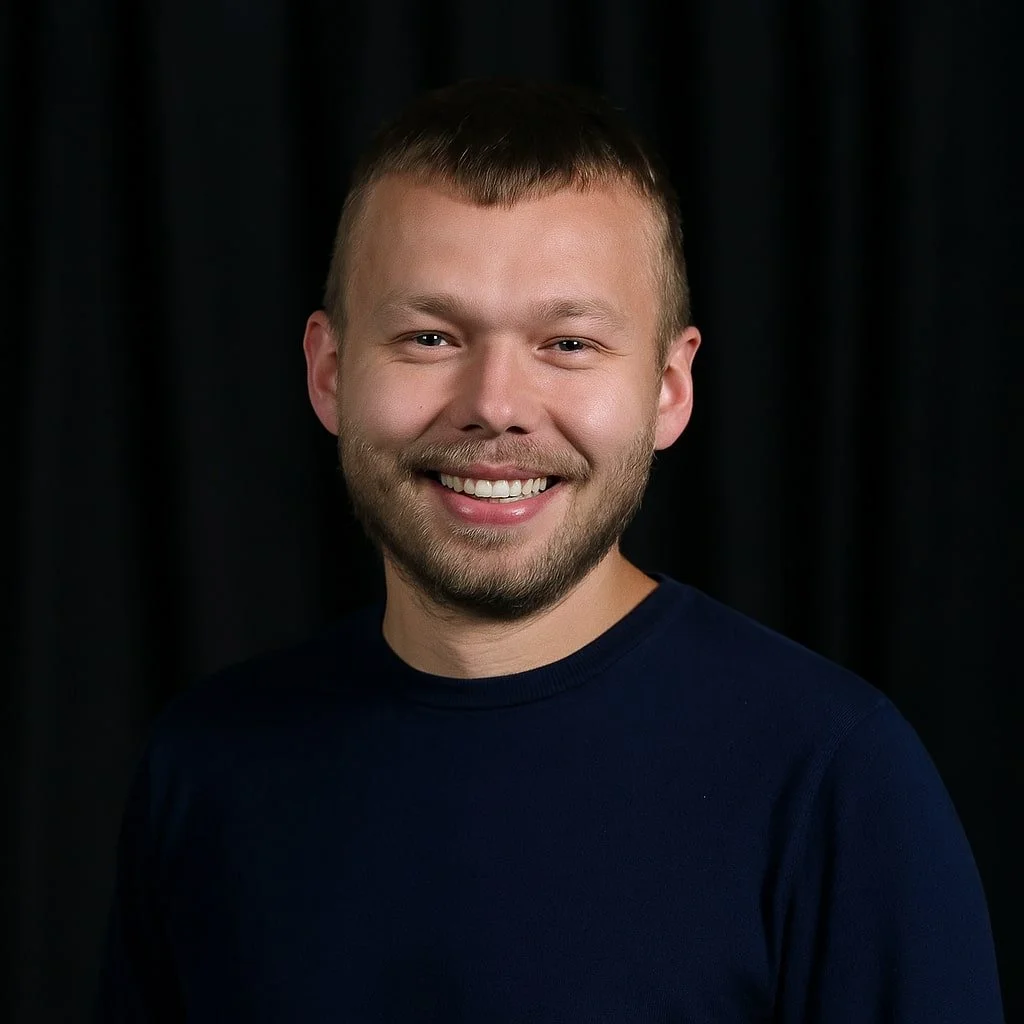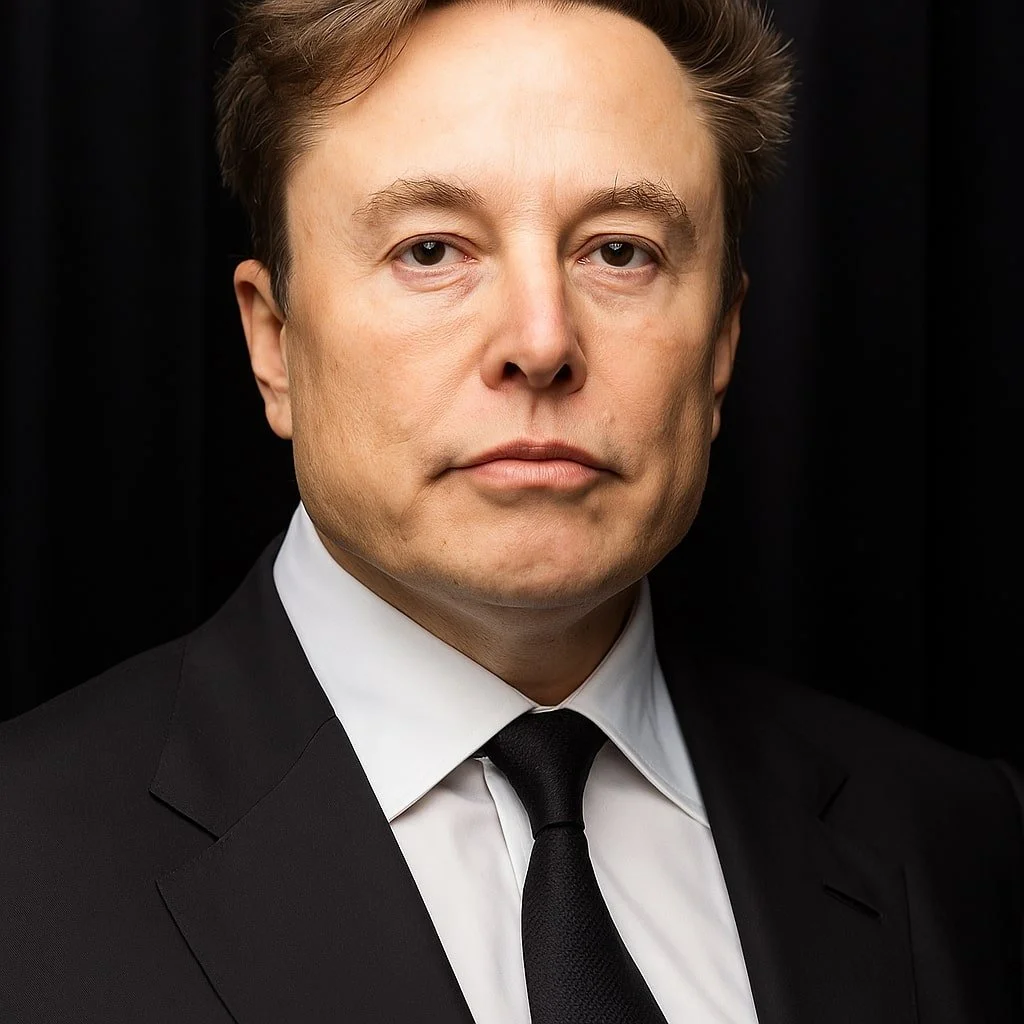OpenAI
TL;DR OpenAI is the world's most valuable private AI company, revolutionizing artificial intelligence research and deployment with products like ChatGPT, GPT-4/5, DALL-E, and Sora, while shaping industry standards and facing massive growth and financial challenges.
2025-10-28 The nonprofit arm, now renamed the OpenAI Foundation, has completed a recapitalisation that consolidates governance of its for-profit arm (OpenAI Group PBC) and places the mission of benefiting all humanity at the centre of both entities. The Foundation now owns equity in the for-profit (currently valued at approximately $130 billion) and will dedicate an initial commitment of $25 billion across two major areas: accelerating health-breakthroughs (such as open datasets and funding scientists) and bolstering technical solutions for AI resilience (to manage both benefits and risks). The restructure follows a year of discussions with California and Delaware regulators and is positioned as a new path forward in delivering safe, aligned intelligence for everyone.
OpenAI, founded in 2015 by prominent tech leaders including Sam Altman and Elon Musk, began as a non-profit dedicated to ensuring artificial general intelligence benefits humanity. Over the next decade, the company shifted to a capped-profit model to attract commercial investment and talent, quickly evolving into the unparalleled leader of the generative AI revolution. OpenAI spearheads breakthroughs in language, image, and video models, becoming synonymous with advanced, democratized AI worldwide.
Headquartered in San Francisco, OpenAI operates under CEO Sam Altman with backing from investors such as Microsoft, SoftBank, and Nvidia. The company is best known for its ChatGPT assistant, which has reached half a billion weekly users and set adoption records for consumer technology worldwide. In 2025, OpenAI is valued at over $500 billion after record-setting fundraising rounds—most notably, a $40 billion raise in March 2025, the largest private tech funding round in history. OpenAI’s product portfolio includes GPT-3, GPT-4, and GPT-5 for natural language understanding, DALL-E for image generation, Whisper for speech recognition, and Sora for video creation. Key partnerships, like its alliance with Microsoft, underpin OpenAI’s cloud scale and integration in mainstream products. The firm projects continued growth while confronting high operating costs and structural changes, including a mandated transition to a Delaware Public Benefit Corporation by 2025’s end.
Created and released GPT-2, GPT-3, GPT-5 and GPT-5, the most widely used large language models, revolutionizing conversational AI and content generation.
Launched ChatGPT, becoming the fastest-growing app in history with over 500 million weekly users and more than 2.5 billion daily prompts processed.
Developed multimodal AI products: DALL-E for image synthesis, Whisper for speech-to-text, and Sora for AI-powered video creation.
Raised a record-breaking $40 billion in March 2025, reaching a $300 billion valuation, followed by further share sales valuing the firm above $500 billion.
Achieved annualized revenue of $12 billion by July 2025, tripling from the prior year, driven by consumer and enterprise demand for ChatGPT.
Released ChatGPT Atlas, a browser that integrates the ChatGPT assistant into web navigation.
Formed landmark partnerships with Microsoft, Apple, and governments, driving deep integration into operating systems and public services.
Hit gold medal-level mathematical reasoning performance at the International Mathematical Olympiad using its AI models.
Released Agent Builder in October 2025, providing a no-code platform for businesses and developers to create AI-powered agents.
Underwent pivotal leadership and governance changes, including restructuring as a Public Benefit Corporation to secure major investment and reinforce its mission to benefit humanity.
OpenAI was founded in December 2015 by Sam Altman, Elon Musk, Ilya Sutskever, Greg Brockman, Wojciech Zaremba, John Schulman, Trevor Blackwell, Vicki Cheung, Andrej Karpathy, Pamela Vagata, and Diederik Kingma. Sam Altman and Elon Musk served as co-chairs, with initial backing and capital pledges from prominent investors and technology companies, including Reid Hoffman, Jessica Livingston, Peter Thiel, Amazon Web Services, Infosys, and YC Research.
People Related to OpenAI
Online Presence
https://openai.com … OpenAI website
https://openai.com/careers … jobs at OpenAI
https://chatgpt.com (https://chat.com) … ChatGPT
https://sora.chatgpt.com … Sora
https://help.openai.com … OpenAI Help Center
https://status.openai.com … OpenAI Status
https://platform.openai.com … OpenAI Developer Platform
@OpenAI … OpenAI’s main 𝕏 account
@OpenAINewsroom … OpenAI’s official 𝕏 news account
@OpenAIDevs … 𝕏 updates for developers on the OpenAI Platform and API
@ChatGPTapp … the official ChatGPT 𝕏 account
@soraofficialapp … the official 𝕏 account for Sora


